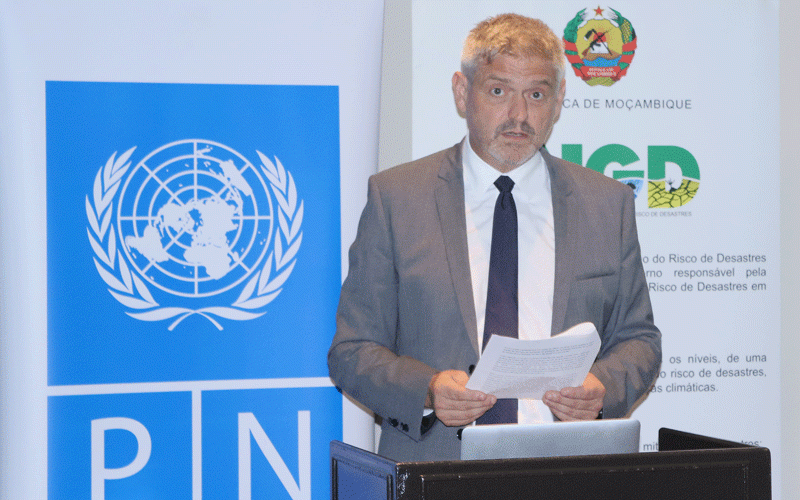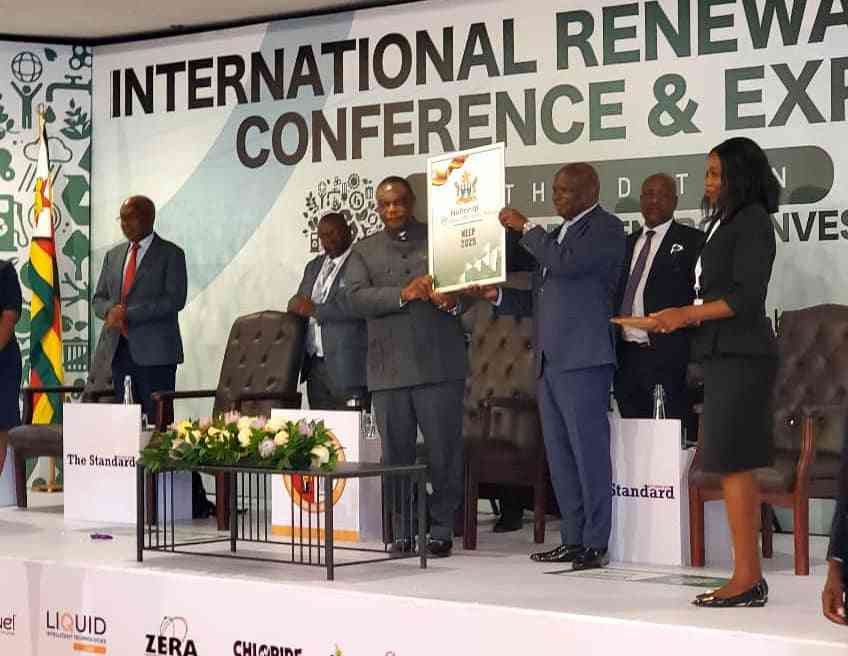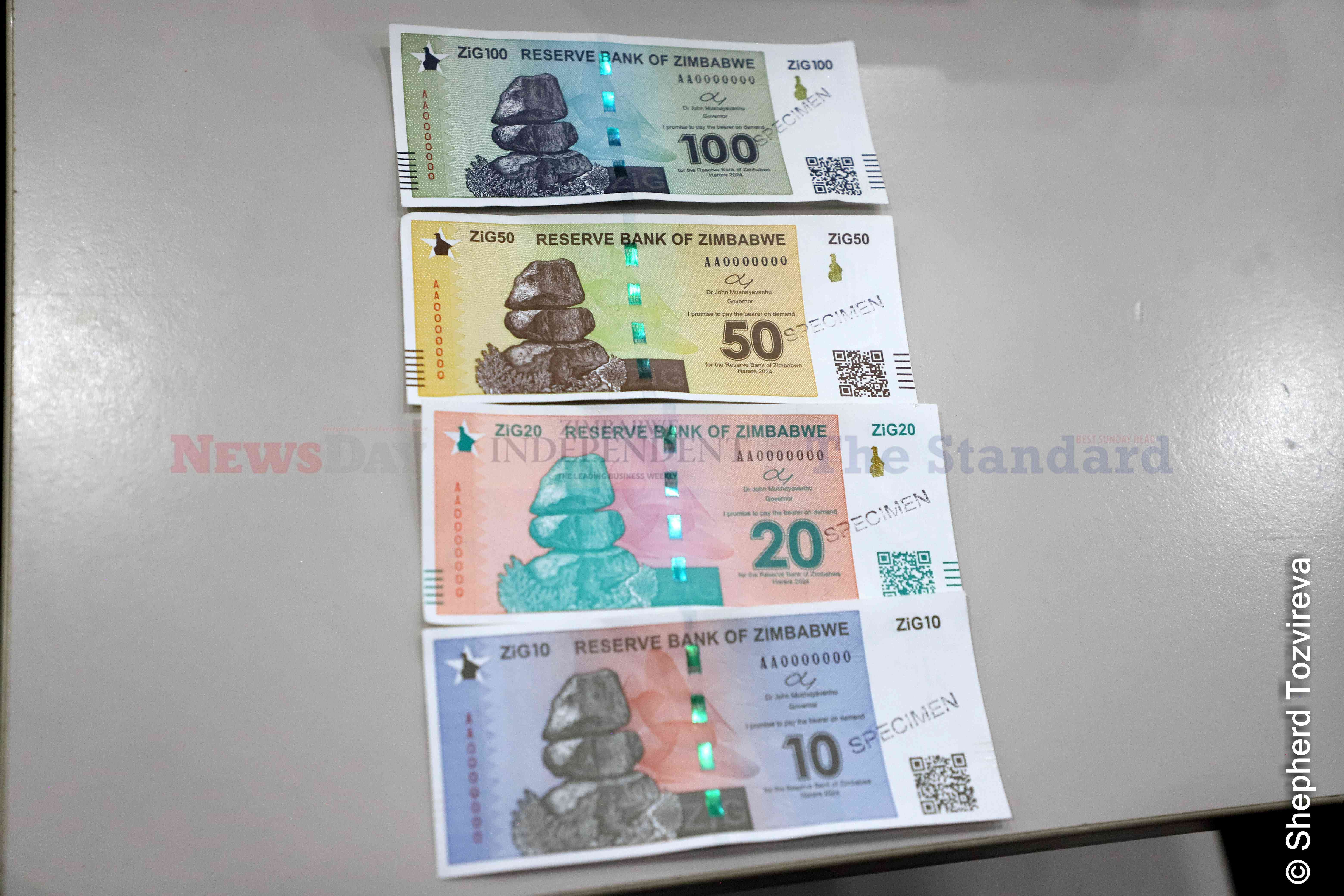
THE main opposition MDC Alliance has blasted government for going on a ‘Treasury Bill (TB)binge” and unrestrained borrowing without the approval of Parliament after Zimbabwe’s domestic debt reached nearly $10 billion.
BY VENERANDA LANGA
Zimbabwe relies mainly on taxes to fund its budget in the absence of foreign capital and aid, but has accrued a domestic debt of $9,5 billion to fund budget deficits. The government ran a budget deficit of $3,5 billion last year and $1,7 billion between January and July this year.
The deficits are funded through TB issuances, which have grown to $7,6 billion from $2,1 billion in 2016. About $1,37 billion worth of TBs were issued this year alone.
The issue was raised by Hatfield MP Tapiwa Mashakada while debating a motion that he introduced in the National Assembly on structural and economic hardships currently facing the country.
“Unbeknown to us and to Parliament — how is it that the government borrowed from the Reserve Bank to the tune of $2,3 billion as at August 2018 without the authority of Parliament, yet the RBZ Act provides that the government can only borrow amounts equal to 20% of the previous revenue and 20% of the previous revenue will equate to $762,8 million?
“One worrying statistic is on the TBs, which have risen from $2,1 billion as at 2016, just two years ago, now it stands at $7,6 billion TBs which were issued, and in terms of percentage growth, this is a growth from 4,4% of GDP to 36,5% of GDP, which is only on TBs,” Mashakada said.
Mashakada said because government was broke it had been borrowing money and rolling over TBs, whenever their maturity date came.
- Chamisa under fire over US$120K donation
- Mavhunga puts DeMbare into Chibuku quarterfinals
- Pension funds bet on Cabora Bassa oilfields
- Councils defy govt fire tender directive
Keep Reading
“I think, at times policy bankruptcy can be a liability. If you have policy inertia, if you dither on policy, these problems will become unabated,” he said.
“Stopping government borrowing from the Reserve Bank of Zimbabwe requires an immediate policy decision to stop the budget deficit. Stopping issuance of Treasury Bills is a policy decision.”
Mashakada said Zimbabwe had the ability to leapfrog from a $4 billion budget to a $20 billion budget with the right policies in place, adding it was possible to also reach a $100 billion budget.
He said government announced that there was a $500 million facility from the African Export and Import Bank, which would guarantee nostro accounts, but the problem was that no one knew where that money was.
“The second thing is that, it is too little too late. The arrears on foreign currency accounts nostro applications amount to $6 billion, and that is the queue and quantum of people waiting for foreign currency to import something or to make foreign payments. When you tell us that you have got US$500 million from the African Export and Import Bank, it is chicken change and a drop in the ocean,” he said.
Mashakada said government was just broke and the economy was in depression, adding that in a dollarised economy with an inflation rate of 5% was very worrisome.










